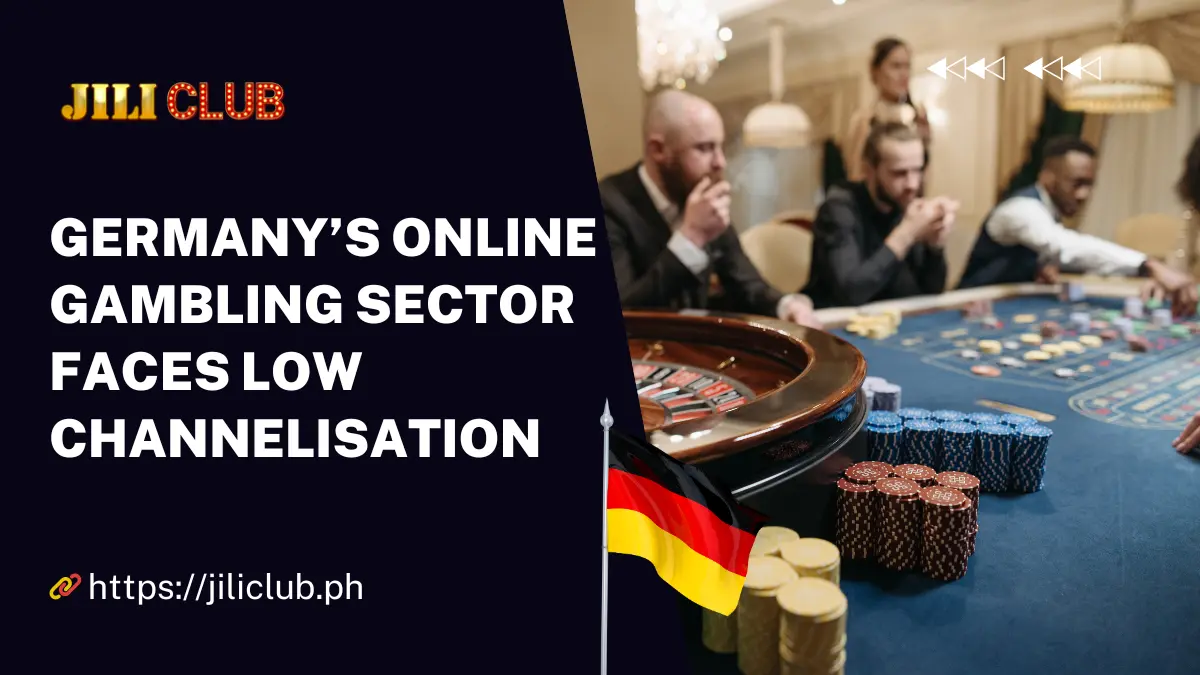Germany’s online gambling market is grappling with alarmingly low channelisation rates for online slots, raising concerns about the effectiveness of current regulations. According to the Deutscher Online Casino verband (DOCV), only 20% to 40% of players engage with licensed platforms, leaving the majority turning to unregulated, black-market operators.
The Channelisation Problem
Channelisation refers to the percentage of players who participate in gambling activities via legal and regulated operators. A low channelisation rate not only undermines the intent of the regulatory framework but also exposes players to unlicensed operators that lack consumer protections.
Dirk Quermann, president of the DOCV, addressed this issue during the association’s recent “beer, pretzels and policy” networking event at the ICE conference on January 21. He emphasized that the figures, derived from academic research, underscore the need to make Germany’s legal online gambling market more competitive.
“This is a wake-up call for the entire industry and policymakers alike,” said Quermann. “The current regulations are failing to attract players, and the consequences are evident in the growing black market.”
Sports Betting Fares Better, but Issues Persist
The online sports betting sector, represented by the Deutscher Sportwettenverband (DSWV), has a higher channelisation rate of 60% to 70%. While this is better than the online slots market, it still leaves a significant portion of the market outside regulatory oversight.
Mathias Dahms, president of the DSWV, expressed concerns that Germany’s federal gambling regulator, the Gemeinsame Glücksspielbehörde der Länder (GGL), is underestimating the scope of the black market problem.
“We are facing a growing black market issue in Germany,” Dahms stated. “The GGL estimates it at around 4% of the total gambling sector, but we believe this is far too low and not reflective of the real picture.”
Disputed Figures and Industry Frustration
The GGL’s annual report for 2023 pegged the black market at just 4% of Germany’s overall gambling sector, encompassing both online and land-based activities. However, industry stakeholders argue that this figure significantly underestimates the true extent of unregulated gambling.
The DOCV and DSWV cite independent research to back their claims. A study led by economist Professor Gunther Schnabl of the University of Leipzig revealed that the overall channelisation rate for online gambling in Germany was around 50.7% as of March 2023. This means nearly half of the country’s online gambling revenue is being captured by unlicensed operators.
The study defined black-market operators as sites that provide services in German and are accessible via German IP addresses without the use of a VPN. It also estimated that three-quarters of online gambling revenue comes from these unregulated platforms.
The Impact of Overly Restrictive Regulations
The low channelisation rates suggest that Germany’s federal gambling law, implemented in July 2021, has not achieved its goal of directing players toward licensed operators. Stakeholders argue that stringent restrictions, including limits on stakes and bonuses, along with an unfavorable tax regime, have made licensed offerings less appealing to consumers.
“The current restrictions are simply pushing players away,” Quermann noted. “We need regulatory reforms that strike a better balance between consumer protection and market competitiveness.”
The DOCV and DSWV have proposed a collaborative approach, calling for an urgent review of existing regulations. They advocate for increased dialogue between the industry, policymakers, and the GGL to develop a more effective strategy for tackling the black market.
A Global Perspective on Channelisation
Germany’s struggles are not unique. Markets with restrictive regulations often experience lower channelisation rates, inadvertently driving consumers to unregulated operators.
A report by the International Betting Integrity Association (IBIA) highlighted the success of jurisdictions with liberal regulatory frameworks. For instance, Great Britain, which permits a wide range of betting products and employs a more consumer-friendly approach, has achieved a channelisation rate of 97%.
In contrast, Germany’s restrictive model has resulted in a channelisation rate of approximately 60% for the overall gambling market, far below its potential.
The Road Ahead
The low channelisation rates for online slots and sports betting in Germany underscore an urgent need for regulatory reforms. By adopting more competitive measures, such as easing restrictions on stakes and bonuses and revisiting the tax regime, Germany can create an environment that attracts players to legal platforms.
In doing so, the country stands to achieve multiple benefits: increased tax revenues, improved consumer protections, and a significant reduction in the risks associated with unlicensed gambling.
The industry’s message is clear: without swift and meaningful regulatory adjustments, the black market will continue to thrive at the expense of the regulated sector.
